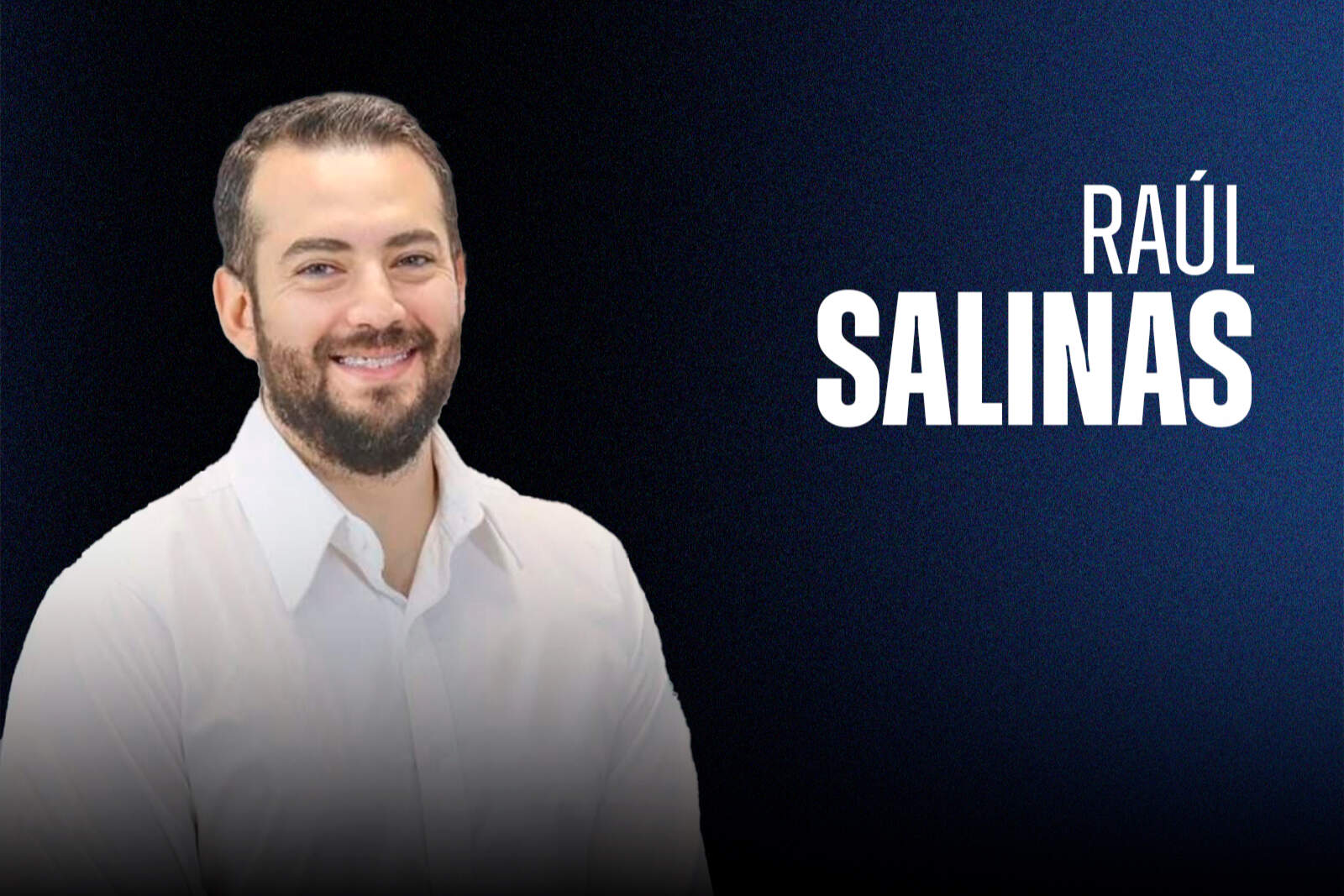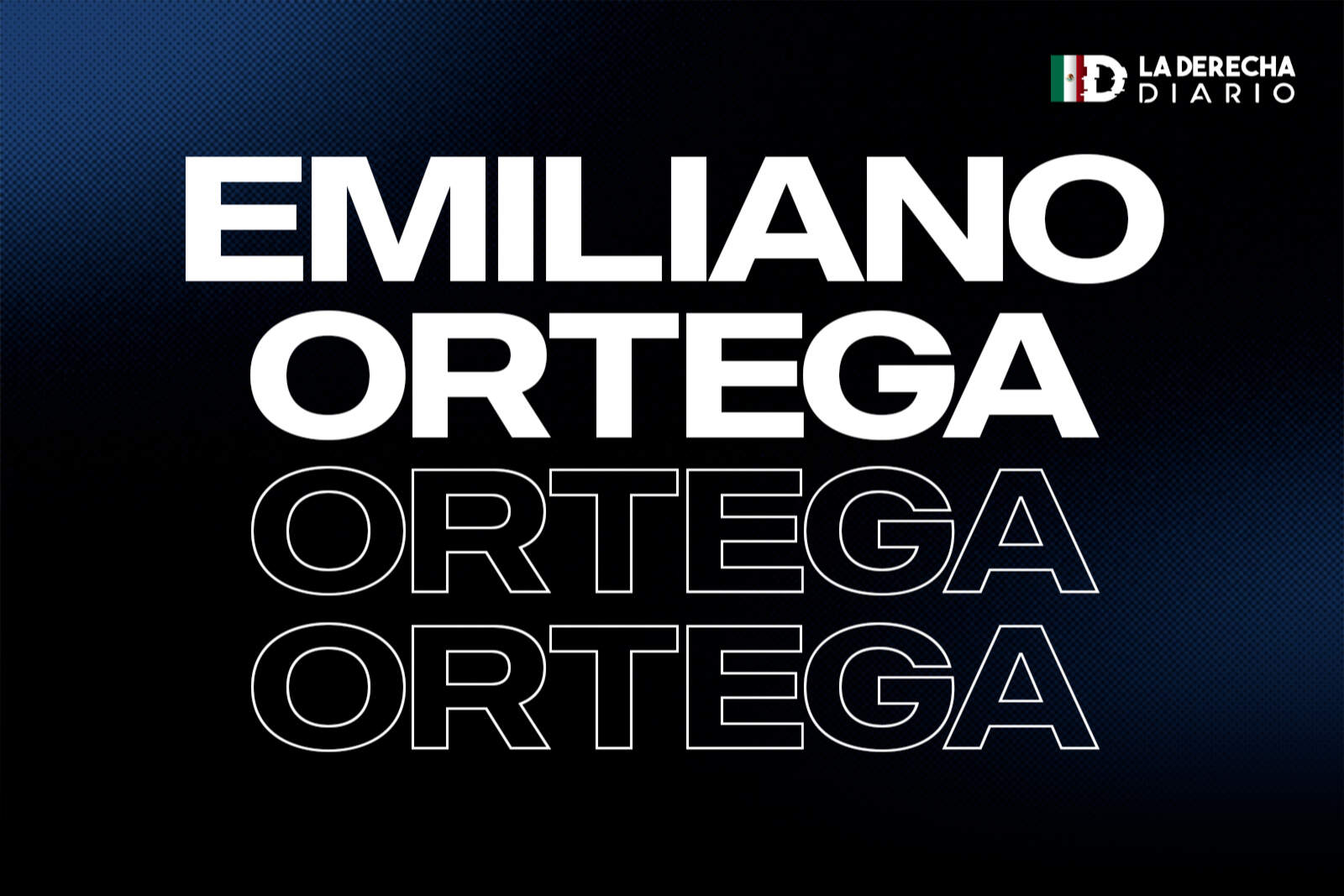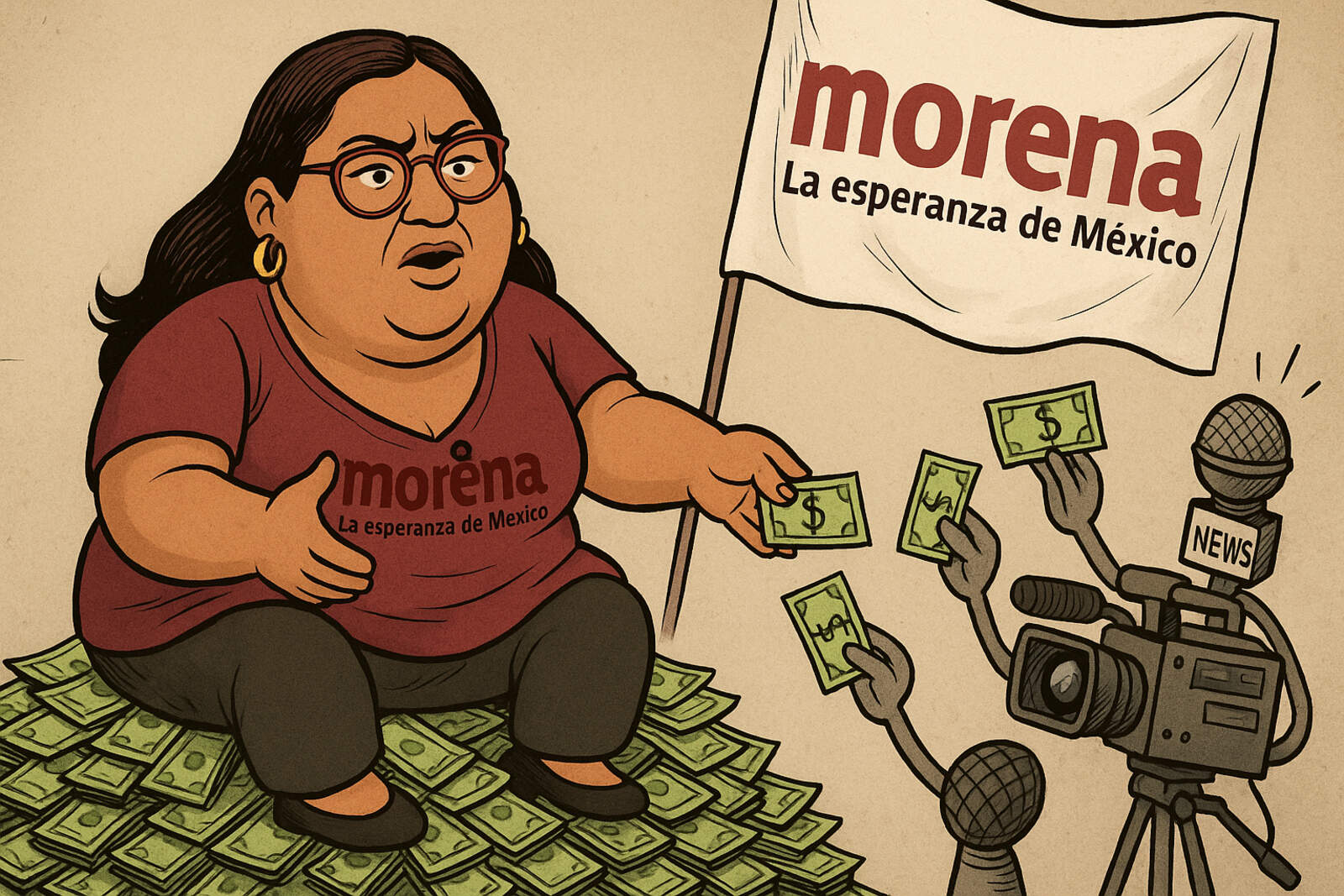Ricardo Salinas Pliego launched The Bitcoin Enlightenment and, as expected, more than one person was shocked, especially those sitting on their couch, resentful about life, with a photo of Che Guevara on the wall. You can already imagine the scene: timelines full of outraged tweets, poorly cropped and ugly memes with something pro-Obrador, and the same old slogan: "but Bitcoin is volatile!" (spoiler: they write "bolátil"). Yes, of course. What about the kilo of tortillas or eggs, right? The point here isn't whether it fluctuates, but who decides how much your money is worth: a politician with a printer or a protocol with clear rules?
The book is uncomfortable because it says what the establishment avoids: fiat money is flexible for those in power and tough on your wallet. It's printed without limit and your bills buy less over time. Bitcoin, on the other hand, is based on a fact, not an opinion: its supply is limited to 21 million and each "halving" makes it scarcer. That doesn't depend on a sitting president or faith in the Treasury, but on open code and global consensus.
"But serious countries don't do that," they say. Let's go to the real world. El Salvador made it legal tender; with internal security and a narrative of being a different country, it attracted tourism and even the IMF had to admit in 2023 that the risks didn't materialize (although it requested transparency). Nigeria didn't ask for permission either: crypto adoption is among the highest in the world because people no longer trust the inflated naira. Meanwhile, Argentina, with Javier Milei, is another example: while the government is getting serious with a fiscal surplus and lower inflation, people on the ground are protecting their wages by using Bitcoin and stablecoins as a refuge against the devalued peso. That is hard capitalism: discipline from the government and hard money from society.
The thesis here is simple: if fiat is moldable to power, your defense starts by limiting discretion. Bitcoin isn't a magic wand or a "get rich quick" promise, but a mechanism so that no one can steal your savings by printing bills while you sleep. The fact that a banker says it makes those who dream of having lived in the USSR uncomfortable, while he talks to them about economic freedom in Twitter's prime time.
Uncle Richi's punchline is provocative, yes: "sell your house and buy Bitcoin." Irresponsible? Only if you buy into the idea that parking your money in CETES is neutral. Even when the rate temporarily exceeds inflation, you're still financing public debt and taking on sovereign risk; and when inflation surpasses it (or taxes eat into your rate), your "savings" shrink in real terms. In short: saving in CETES so the government can go into debt with your money and, when the equation flips, they sell you on "losing little by little, but with dignity".








